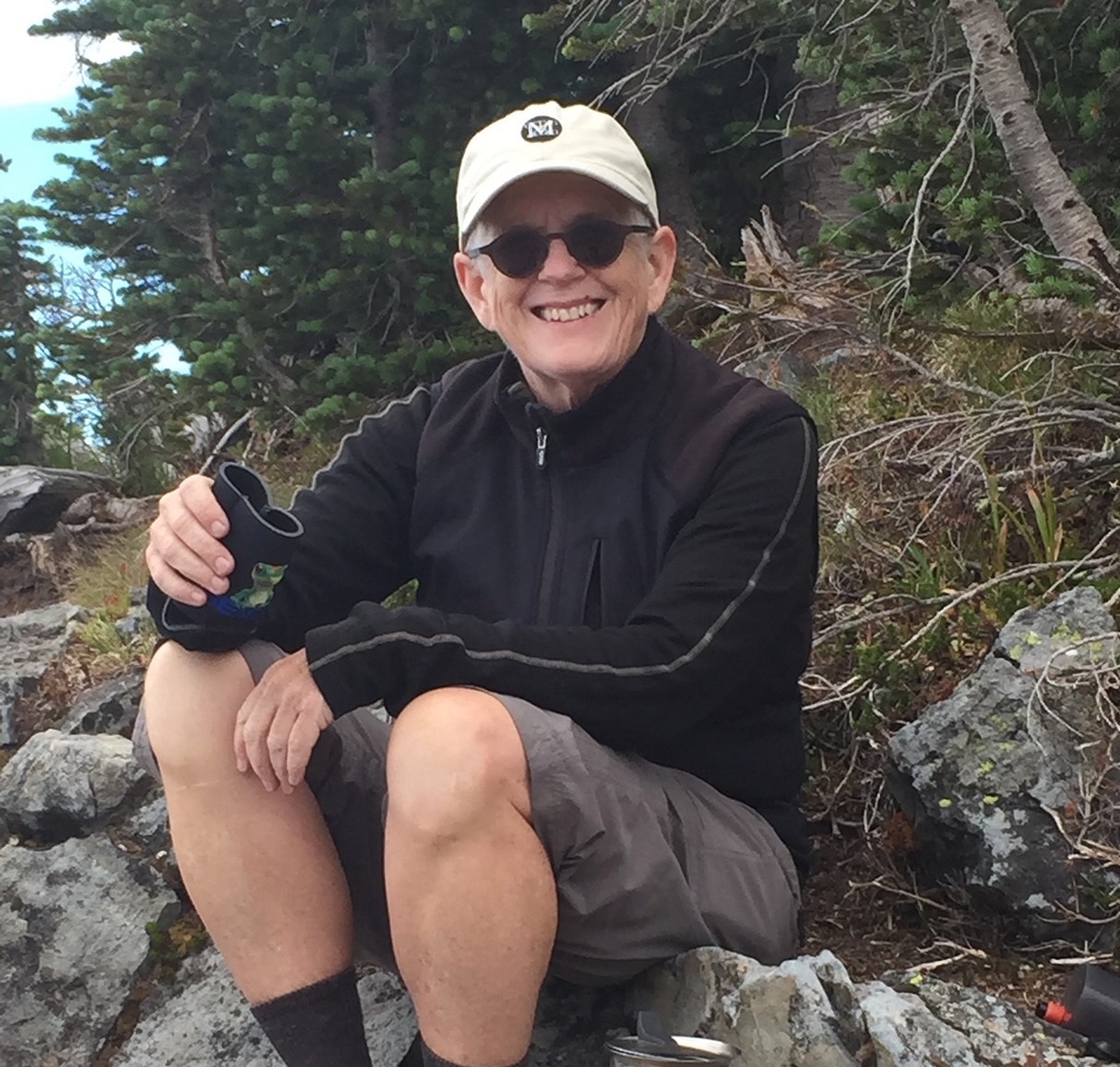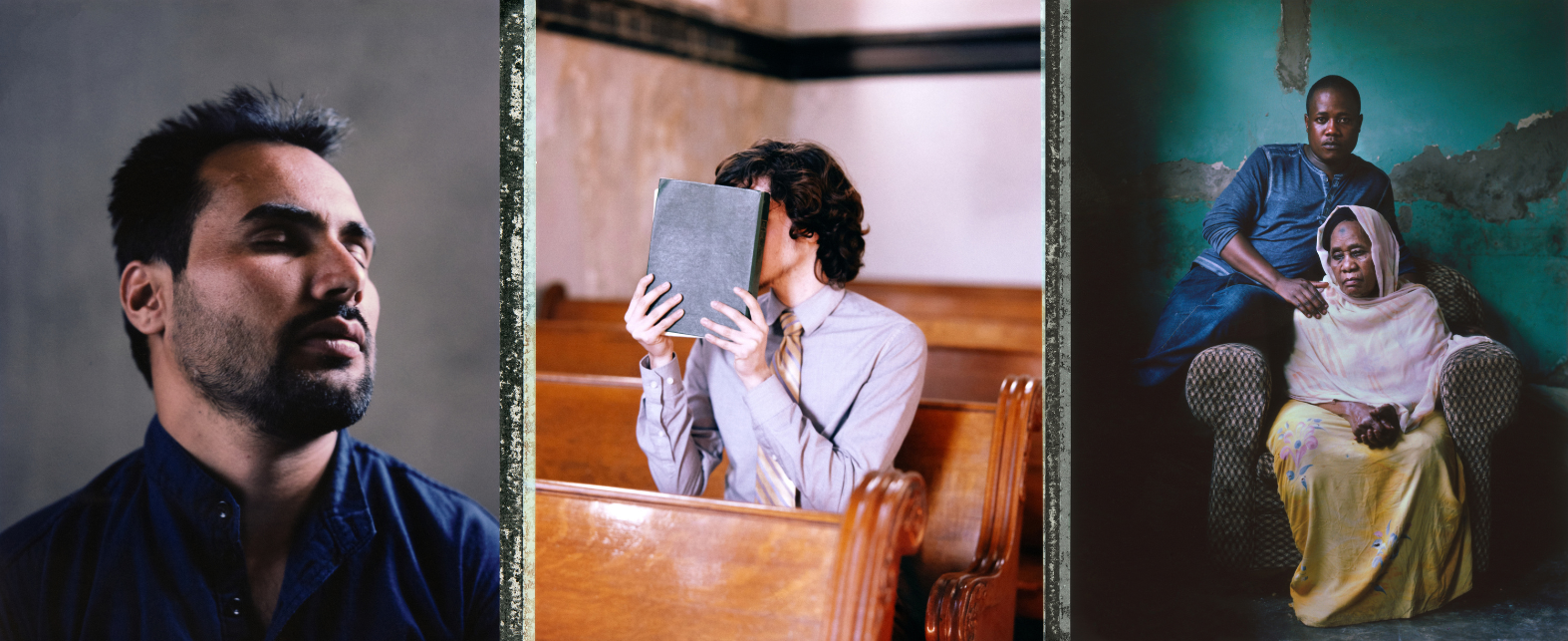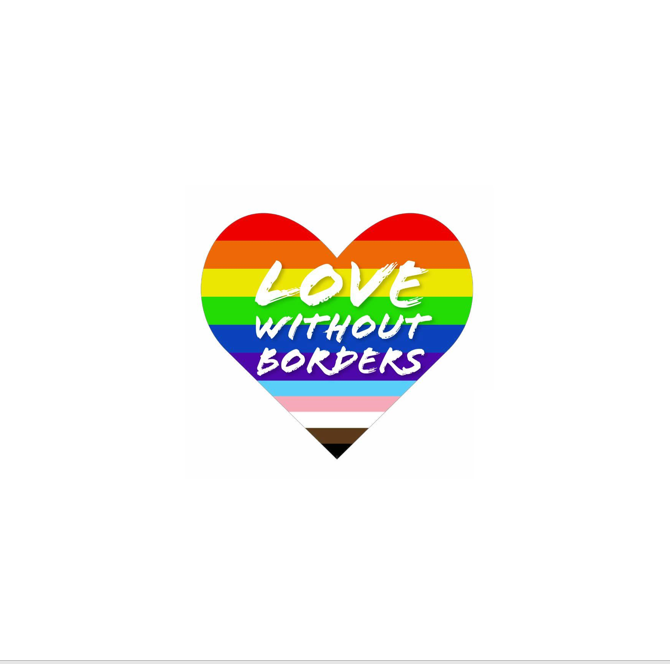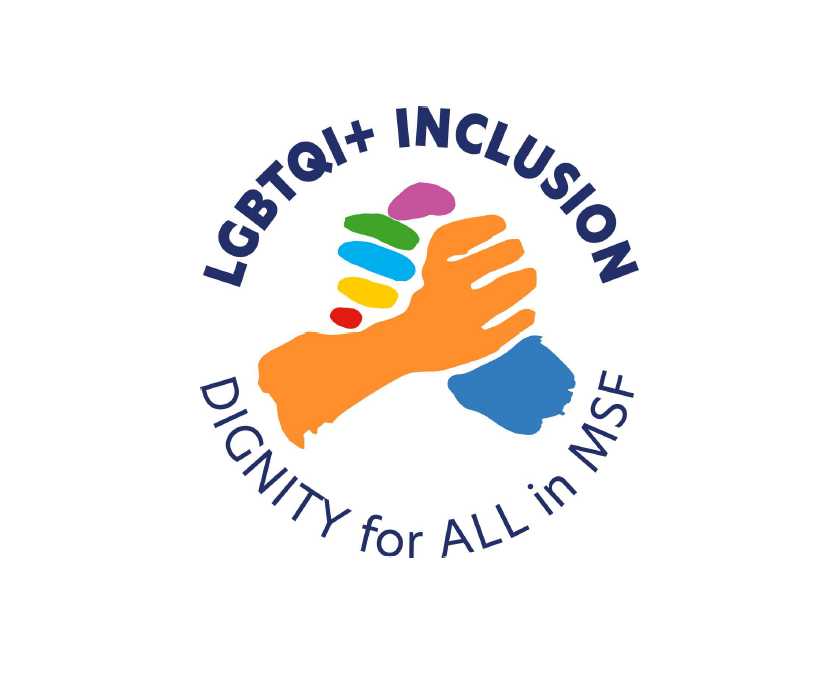The LGBTQI+ Inclusion Project
This LGBTQI+ Inclusion project was launched in August 2022, funded by the Transformational Investment Capacity (TIC), an internal funding source. Since then, the project launched:
- a baseline survey amongst current projects to learn of innovative practices across MSF and assess existing understanding of barriers to healthcare for LGBTQI+;
- created an interactive map for project use to find local LGBTQI+ organizations for collaboration;
- researched best practices and developed a resource page by topic area to increase cultural competency amongst MSF staff;
- published a report Introduction to LGBTQI+ Inclusive Care based on interviews with 15 local LGBTQI+ NGOs operating in MSF project areas; and
- the project continues to develop awareness of the need for unbiased and quality healthcare for this neglected population across MSF project countries.
Currently and through the end of 2023, workshops using VCAT (Values Clarification and Attitude Transformation) methodology are being piloted in four MSF projects.
FAQ
The LGBTQI+ Inclusion TIC focuses on LGBTQI+ inclusion at the patient level. Our project is the first of its kind at MSF that aims to transform how LGBTQ+ patients are welcomed and treated in MSF health projects. LGBTQI+ people across the globe face barriers when trying to access healthcare due to legal and societal discrimination, stigmatization, and bias. We recognize that most MSF countries exhibit very low levels of social acceptance and freedom for LGBTQI+ people, which exacerbates health care disparities and the lack of access to care.
However, the LGBTQI+ Inclusion TIC recognizes the importance of inclusion initiatives for LGBTQI+ staff within MSF and unilaterally supports the MSF Rainbow Network, the intersectional group of MSF staff who are part of the LGBTQI+ community and its allies. The Rainbow Network has many ongoing initiatives working on LGBTQI+ equality in the workplace, which you can read more about here: https://www.msf.org/lgbtqiplus/rainbow-network
Yes, LGBTQI+ people are present in every country, region, and city across the globe. MSF works in many countries where same-sex relations are illegal and LGBTQI+ are highly stigmatized. In these contexts, LGBTQI+ people are far less visible and their health needs are often insufficiently addressed. For this reason, the LGBTQI+ Inclusion project sees collaboration with local LGBTQI+ orgs as critical to reaching a community that is often marginalized and invisible for their safety. It is through this collaboration and cultural competency that MSF can create safe spaces for LGBTQI+ people in need of healthcare.
LGBTQI+ people often are often met with discrimination, stigmatization, verbal harassment, and even physical harassment while seeking treatment, from both clinic staff and/or other patients. Medical providers who hold negative beliefs around homosexuality or transgender identities might refuse or provide inappropriate care to a person if they find out they are LGBTQI+. For these reasons, LGBTQI+ people tend to avoid seeking out care unless it's absolutely necessary.
Yes, if you have an MSF email, you can access our intranet sharepoint page at https://msfintl.sharepoint.com/sites/oca-proj-lgbtqihfp
Get to know us

Project Lead
Since 2011, Casey has worked with MSF, leading teams in Nairobi, Syria, South Sudan, Myanmar, and Uganda, working with internally displaced populations in South Sudan, refugees in Uganda, and the stateless and persecuted Rohingya Muslims in Myanmar, among others. As co-coordinator of MSF Rainbow Network and former co-chair and founding member of USA DEI Council and MSFs Global DEI working group, Casey also continues to be an active association member. In 2021, Casey developed the proposal for LGBTQI+ Inclusion project with the Rainbow Network and members of the sexual and reproductive health working group. It was funded by Transformational Investment Capacity Fund in early 2022.
Casey began her international career working in post-communist Albania in 2003-2004 with a group of architects and engineers constructing and re-constructing schools with funding from the Open Society Foundation. Besides their history in international humanitarian and development work, Casey has honed operational skills and strategy with over 25 years in local government and nonprofits addressing housing affordability, services for low-income neighborhoods, women’s reproductive rights, and environmental policy and conservation.
Casey strongly believes that addressing dignified healthcare for LGBTQI+ patients is an imperative for MSF to live up to its core values and principles and truly be the MSF We Want to Be.
When not working, Casey longs to be on a hiking trail.
Email: [email protected]





